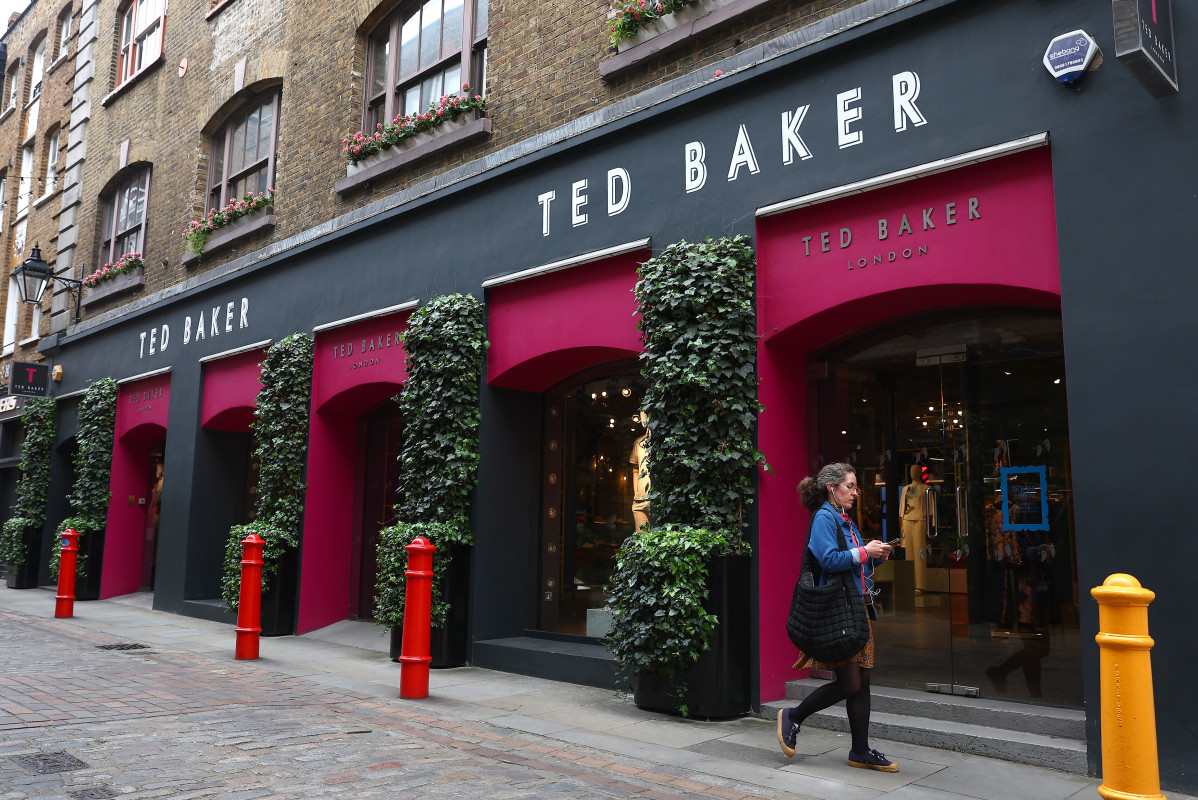
The U.S. retail industry has faced hundreds of store closures and liquidations this year as once popular retailers struggle to keep their brick-and-mortar operations relevant for shoppers.
Among the major retailers closing down as a going concern is teen apparel store Rue 21, which on May 2 filed for Chapter 11 bankruptcy with plans to shut down all of its 540 stores.
Related: Iconic toy company files Chapter 11 bankruptcy, seeks sale
Another popular mall retailer Express (EXPRQ), which operated 540 stores, on April 22 filed for Chapter 11 bankruptcy in the U.S. Bankruptcy Court for the District of Delaware to reorganize and close 95 of its stores and its 10 UpWest locations.
One popular discount store could no longer withstand all the retail challenges, such as the effects from the Covid-19 pandemic, shifting consumer demand, rising levels of shrink and inflation. 99 Cents Only on April 8 filed Chapter 11 bankruptcy in Delaware seeking to liquidate and close all 371 of its stores in Arizona, California, Nevada and Texas.
Liquidation is the next step for a luxury retail chain that ran out of capital with nowhere to turn.

Ted Baker shuts down dozens of stores
Luxury apparel chain Ted Baker Canada, which operates 31 Ted Baker stores in the U.S., nine in Canada, eight Brooks Brothers Canada shops, and seven Lucky Brand Canada stores, filed for restructuring under Canada's Companies' Creditors Arrangement Act and for Chapter 15 bankruptcy to liquidate and close all 56 of the North American stores.
Ted Baker Canada on April 24 filed for CCAA protection in the Ontario Superior Court of Justice to stay all court proceedings by creditors while it reorganizes in the Canadian court. It also filed for Chapter 15 in the U.S. Bankruptcy Court for the Southern District of New York seeking recognition of its Canadian case as a foreign main proceeding, which stays all court proceedings against the debtor in the U.S.
The Canadian court on May 3 approved the debtor's liquidation process, while the U.S. court on May 8 approved the liquidation process and recognized the CCAA proceedings.
More bankruptcy:
- Key healthcare product maker files for Chapter 11 bankruptcy
- Popular retail chain skips bankruptcy, moves right to liquidation
Ted Baker will offer up to 30% savings off original prices on its high-end men's and women's designer apparel and accessories at the 31 U.S. and nine Canada stores and its high-end luxury apparel for men, women and children and home furnishings in the eight Brooks Brothers Canada stores during its liquidation sales, according to a May 10 statement.
The debtor will also offer up to 30% off on all men's and women's casual apparel at its seven Lucky Brand Canada stores. The above discounts will not be offered on the brands' e-commerce sites.
Ted Baker's senior lender CIBC approved up to $7 million in interim financing under its existing credit facilities. The lender also agree to provide up to $28 million in debtor-in-possession financing under a revolving credit facility from CIBC.
Related: Famous restaurant files for Chapter 11 bankruptcy
The United Kingdom-based luxury apparel retailer entered the North American market in early 2023 after obtaining a licensing agreement from an affiliate of Authentic Brands Group, according to court papers.
Since reaching the agreement, the debtor's financial and operational performance has struggled. Ted Baker U.S. and Canadian operations over the last year have underperformed as budget and revenues have significantly declined, court papers said. The debtor in 11 months ending Dec. 31, 2023, generated $145 million in sales and $5.3 million Ebitda with a net loss of $11.3 million.
The negative cash flow and working capital issues caused financial distress as the debtor no longer had availability on its existing credit agreement and was unable to pay its obligations in the ordinary course of business. As of April 24, the debtor had $1.2 million in its bank account, but also had $4 million in payment obligations coming due in subsequent days, according to court papers.
The debtor filed for both CCAA and Chapter 11 protection to give it breathing room, obtain debtor-in-possession financing and consider its best options to monetize its assets, such as in a liquidation and winddown of its operations.
Related: Veteran fund manager picks favorite stocks for 2024







